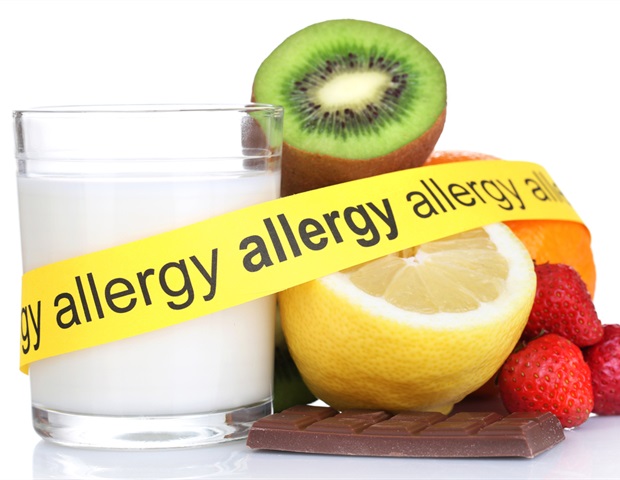ATCC, the world’s premier biological materials management and standards organization, today announced that it has been awarded an Indefinite Delivery/Indefinite Quantity (IDIQ) contract 75N93023D00009 by the National Institute of Allergy and Infectious Diseases (NIAID), part of the National Institutes of Health (NIH).
With this contract, ATCC, as a member in the NIAID selected service provider pool, will support NIAID’s Preclinical Services for Biopharmaceutical Product Development in two main areas: the development and validation of analytical assays for product characterization and process development and formulation.
“Through this contract, our goal is to supply scientists with the essential biomaterials, services, and standards they need to translate their research into promising biopharmaceutical therapeutic candidates to improve global public health,”
Raymond H. Cypess, DVM, PhD, ATCC chairman and CEO
Raymond continues, “We continue to expand our collaboration with NIAID in multiple areas and support their efforts to understand better, treat, and prevent certain diseases.”
ATCC’s assistance with analytical assay development for product characterization and process development and formulation will be part of the suite of services included in the contract commonly associated with the preclinical development of biopharmaceutical products. These services, provided by NIAID, help scientific investigators from academia and the private sector obtain the critical data needed to acquire additional funding, gain prospective partnerships, fulfill regulatory requirements, and complete studies needed to apply for an Investigational New Drug (IND) and enter a Phase I trial.
“This contract builds upon the work we are already doing with NIAID and several of their divisions, as well as our management of NIAID’s BEI Resources,” said Joseph Leonelli, PhD, senior vice president and general manager of ATCC Federal Solutions. “With our expertise and resources, NIAID is better able to more quickly diagnose infectious disease-causing pathogens and toxins, and then strive to develop therapeutic products to treat them.”
